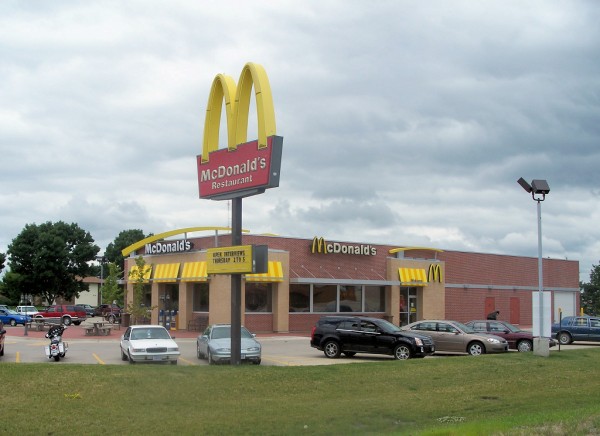 Parler
Parler Gab
Gab
Is Blackstone on the verge of insolvency?
According to Blackstone President Jonathan Gray, who spoke during an analyst earnings call back in January, the amount of withdrawal requests moving forward is expected to "normalize" – though, admittedly, he has to say something positive like this in order to prevent more investors from trying to withdraw. In line with the broader market, Blackstone shares dropped about 4.2 percent following the news about the company's withdrawal troubles. Last year, Blackstone shares dropped 43 percent, but so far in the first quarter of 2023 have gained back about 18.4 percent in value. Last year, BREIT's net asset value rose by 8.4 percent while its publicly traded Dow Jones U.S. Select REIT Index fell 29 percent. "Cognizant of easing forward interest rate expectations, we believe the reacceleration of gross redemptions may weigh on the shares," said Credit Suisse analysts, led by Bill Katz, in a note to investors. It would seem that Blackstone is so overleveraged in a fractional reserve banking kind of way that it can only handle a very small percentage of its investors asking to withdraw their money at one time. Every time that percentage exceeds 5 percent, the company has to cut off withdrawals. "It's not so simple to get a redemption out of a REIT, private equity, or hedge fund," someone commented about the matter. "You're not depositing money into a bank." Numerous others speculated that perhaps Blackstone is already insolvent, especially since its assets are primarily residential properties that are now losing value as the markets falter. "Real estate is crashing," one of them wrote. "CRE (commercial real estate) is in the septic tank already and MFR (multi-family residential) and SFR (single-family residential) are right behind." Another hypothesized that perhaps Blackstone is feeling the same contagion as the banks right now. "Their liabilities are falling bond prices, a prolonged inflation and assets of real estate diminishing with long 30-year maturities at lower rates than bond yields," one said. "I imagine they would actually strategize a fine rope walk: sell enough necessary holdings to cover their liabilities without crashing the residential market." In truth, Blackstone got itself into this mess by massively inflating the real estate market, so perhaps it is time for the company to just crash the value and learn its lesson, along with all of its investors who took a high-risk bet. "I know that Blackstone singlehandedly wrecked the residential real estate market nationwide by driving prices sky high with their purchase program in every market," another commenter explained. More related news can be found at Collapse.news. Sources for this article include: Yahoo.com NaturalNews.comGlobal sugar shortage sends prices to decade high
By Ethan Huff // Share
Walmart to close four “unprofitable” stores in Chicago
By Belle Carter // Share
IMF unveils Unicoin – a global CBDC
By News Editors // Share
Stubborn inflation causes the price of Big Macs to soar
By Cassie B. // Share
Flagship Whole Foods Market store in SF closes down due to SAFETY concerns
By Ramon Tomey // Share
Portland cafe closes for good as customers, staff cite SAFETY issues
By Ramon Tomey // Share
Governments continue to obscure COVID-19 vaccine data amid rising concerns over excess deaths
By patricklewis // Share
Tech giant Microsoft backs EXTINCTION with its support of carbon capture programs
By ramontomeydw // Share
Germany to resume arms exports to Israel despite repeated ceasefire violations
By isabelle // Share










